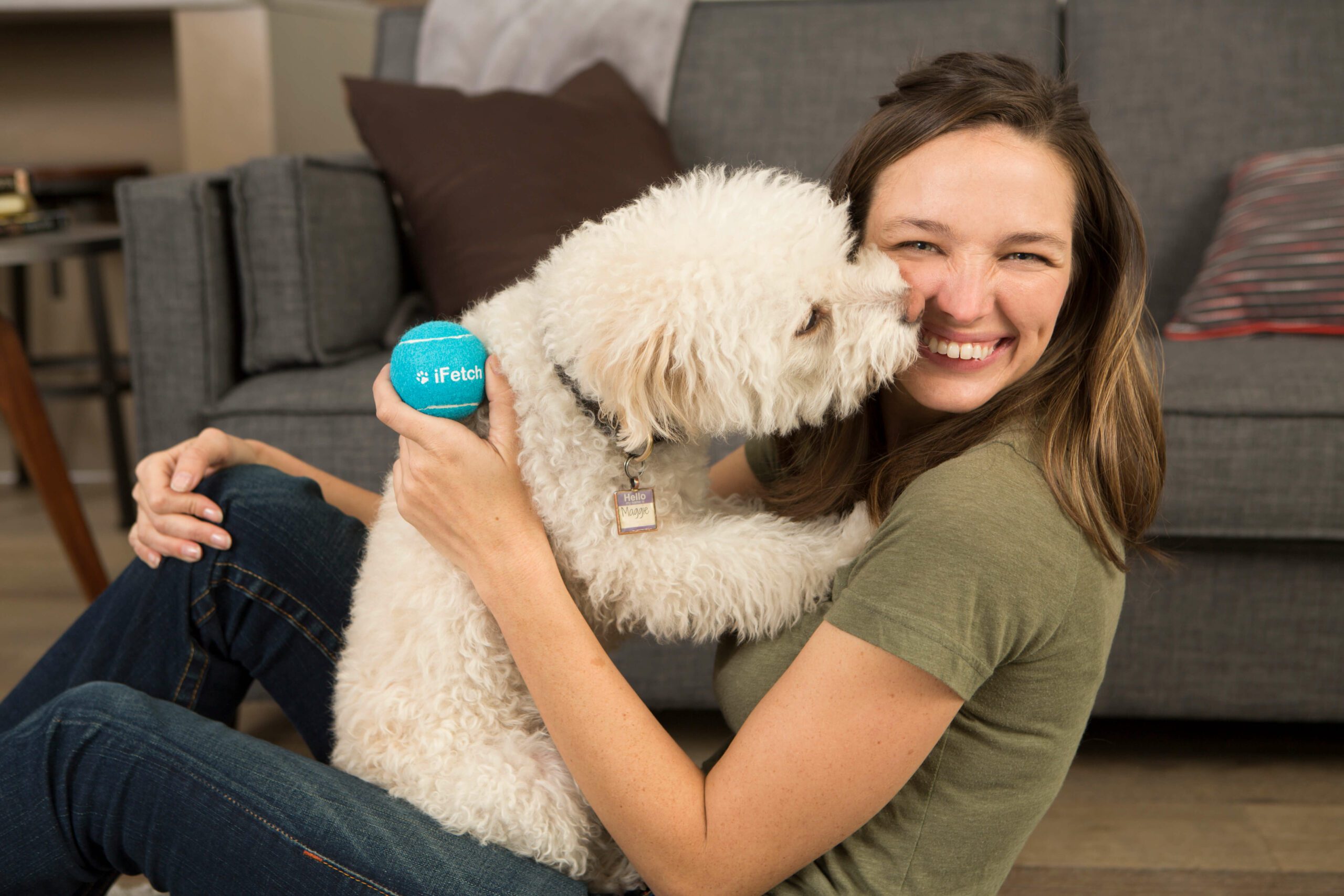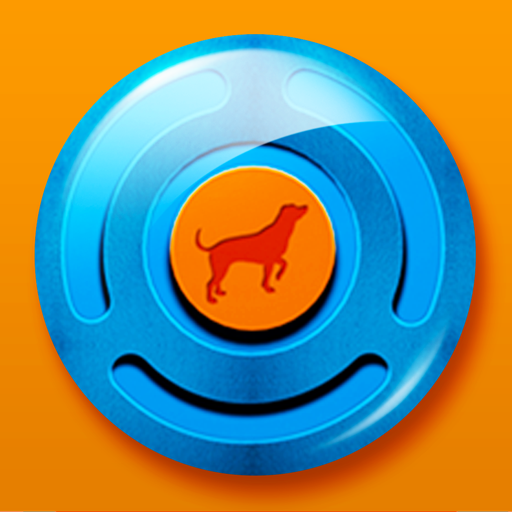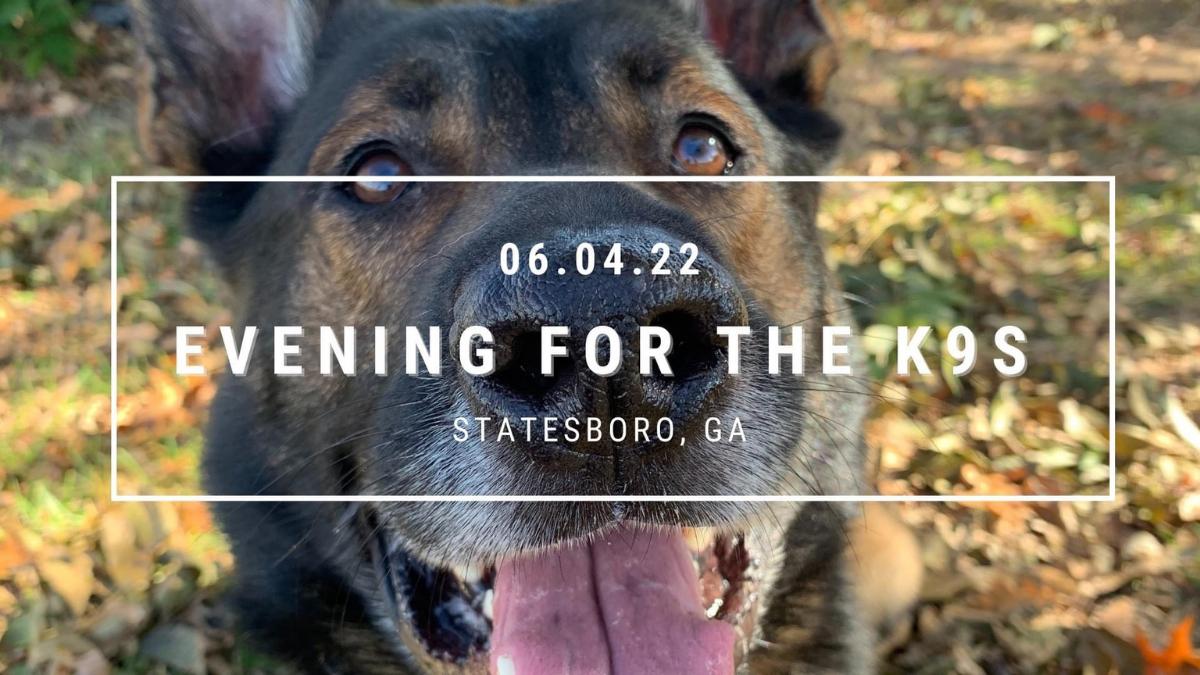
If your four-month-old puppy is aggressively biting your furniture and other belongings, it might be a sign that your furry friend is overstimulated and needs to calm down. Your furry friend can be helped to stop biting by playing non-contact games that satisfy his appetite for chewing. To ease your puppy's pain, you could give him a treat.
The signs of stressed puppies
Although overstimulated dogs can display other behaviors and hyperactivity, aggressive biting is always an indicator of excessive stimulation. Overstimulated puppies are hard to control and can often be difficult for parents to break. Overstimulation can be seen in a dog that chases its tail constantly. This is a sign to be aware of and addressed immediately. You can punish your puppy for this behavior and he might become more aggressive.
When your puppy seems overwhelmed and overstimulated, he or she may become mouthy, nippy, or aggressive. To ensure that the problem is not worsening, take your dog to see a vet immediately. A veterinarian will assess your dog to determine if it is a medical issue, genetic or other problem. It will take longer to fix the problem if you wait to see a vet.
Overstimulated puppies may bite during playtime. Dogs might try to win attention by biting you or trying to play with you. In addition to reducing the stimulation of your dog, you should also restrict the amount of time you spend with your puppy. Your puppy will eventually learn to resist stimulation and stop experiencing it. You should realize that overstimulation could be due to your puppy's pent-up energy.
You may see a gleaming eye or a rush to the dining room table as warning signs that your dog is beginning to bite. This behavior might only begin in certain rooms and times. Make sure to keep treats in plastic containers in each room. This will help prevent the behavior from becoming habitual. When your dog becomes overstimulated, give him a few treats. Make sure to keep him distracted so he doesn't overstimulate himself. If you observe this behavior, you can remove the baby gate.
Your puppy may become aggressive if you are overstimulated or if they start to chew on your fingers, this could be an indication of aggression and/or over-stimulation. Aggressive biting is not a sign of dominant aggression. However, it could be a sign of resource-guarding or over-stimulation. It is more likely that your dog has extreme fear.
Non-contact games to satisfy puppy’s craving to go to the mouth
You can play non-contact games if your four-month old puppy has a tendency to chew. It's important to remember that you shouldn't correct your puppy physically, because this will only teach it that your hands are bad. You can reward your puppy with a treat if he stops biting other people. Some pups are more comfortable with a yelp than if they eat something they shouldn’t.
Puppies use their mouths to play and it teaches them many life skills including bite inhibition. Your puppy's bites should be controlled when you play with it. This will help him develop social skills, confidence and a healthy relationship with you. If he becomes too harsh with you, he might start to view you as a threat or become more aggressive.
Another option is to reward your dog if he stops chewing on its toys. Rewarding your puppy for chewing on toys is a good way to show him that it is acceptable. Reward him with his favorite chew toys after each session. To encourage him to not bite, tug play is a good way to teach him how to manage frustration.

To stop your puppy from biting, you can redirect its mouthing behavior by giving him chew toys. The chew toys will not cause injury to your puppy but will also burn off energy. When playing with your puppy, mimic the sound of an animal making a similar sound. By doing this, your puppy will learn to not bite and that you can give him treats.
Besides the training games, your puppy also needs plenty of play time to develop healthy relationships with you. Play is a great way to make sure your puppy is having fun. Different pups will have different play styles. Some puppies love games that involve their noses. Other pups may enjoy running, agility, or using their feet. Flyball, agility, fetch and fetch all encourage the puppy to play. Although these games may not be appropriate for a four month old puppy you can still play tug o' war with toys. These games could also cause mouthing.
Punishment-based corrections
Although your dog may not be old enough to understand the problem, you can begin using punishment-based corrections for aggressive biting. Because they reinforce the behavior desired, punishment-based corrections can often be more effective than reward-based ones. Time out (or "timeout") refers to placing the puppy in a cage or other place for a time. A timeout can cause mild discomfort or severe pain, or both.
Dogs can bite as they get older, especially if they are playing with other dogs. Dogs that are overstimulated may throw tantrums. Punishment-based corrections may result in a defensive bite. If your puppy bites someone, you may have to physically punish it. However, physical punishment is not very effective for aggressive biting in a 4 month old puppy.
Although pushing your kids or hitting their friends is not an alarming thing, repeatedly hitting your puppy may. It is not enough to punish your puppy. This includes not leaving food out for it, and teaching your puppy that stealing is not acceptable. They will associate this behavior with other unacceptable behavior.
You can start by rewarding good behavior. Reward your puppy for being a good dog by giving him food when he sits. The same applies for training your child to sit. Make the correction relate to the behavior and your puppy will be more inclined to learn it. To help your puppy learn to respect you, positive reinforcement is also an option. And don't forget to reward your child for being a good citizen.
Do not punish your puppy for biting you. Your puppy will likely bite you more often if it is playing with you. This is particularly true for puppies who are from breeds that have high prey drives such as terriers. To stop your puppy from biting you, learn impulse control. Soon your puppy can play without fear.
Redirection method for teaching puppy to stop biting
There are many ways to stop a puppy from biting. A distraction device is one way to stop a puppy from biting. A puppy who is constantly nipping at his food will soon learn that it is not food. Interactive toys and games can help to prevent such behavior. Interactive toys will give your dog mental exercise and an outlet to instinctive behaviors. You can also help your puppy build positive connections with humans.

Another method that works well is clicker and redirection training. Clicker training and redirection can be effective ways to train your dog not to bite. One defense mechanism is the teeth. If you reward your puppy for good behavior, it will teach them to not bite. These methods work best when a puppy is at least 4 months old.
The first step in using the Redirection method to teach a 4 month old puppy to stop biting is to play with him. Playing with your puppy is a great way for you to build a strong bond. Use gentle play and try not to jerk his lips. Allow your hands to relax, and reward your puppy if he does not bite.
Next, distract your puppy from biting you by using the Redirection method. If your puppy chews on your hands, you should tether him or move out of his room. You can distract him from chewing on you hands or legs by giving him a positive reward, such as a treat.
The third step involves rewarding your puppy for his good behavior and deterring him from biting more. You can reward your puppy's obedience with a treat or a game. The next step is for you to catch him before they bite and redirect him into a different behavior. It will be much easier to teach your puppy to not bite you again once he can focus on chewing on something of high value.
FAQ
What are your considerations when choosing a pet to own?
First, think about what type of lifestyle you desire for yourself and your family. Do you have any children? If yes, how many? How old are they now? Are there any special dietary requirements for them?
Do you have allergies? Are there any other things you should know about your pet's health?
After answering these questions, consider whether you are looking for an active companion or a calm lap dog, a house-trained pet, or a tank of tropical fish.
If you are thinking about adopting a puppy, be sure to go to a shelter or rescue group to get to know them.
It is also important to check if the animal was vaccinated against other diseases and rabies.
Also, inquire about the owner's willingness to take care of your pet while you travel. This will make it so you don't have worry about leaving your pet home.
You should remember that pets are a part of your family and that you should not adopt them unless you truly love them!
There are three things you should consider before buying a cat.
These are some questions you should ask yourself before buying a cat.
-
Are there any health issues in the cat?
-
Is it possible for the cat to eat all my food.
-
Do I want a cat because I love cats, or do I just want a pet?
How do I find out if my dog has fleas
You may notice your pet scratching or licking excessively at its fur.
Flea infestations may also be indicated if your pet is experiencing redness.
It is important to take your pet immediately to a veterinarian for treatment.
What should I do before buying an exotic animal?
There are several things to consider before you buy an exotic pet. You must decide whether you plan to keep the animal or sell it. If you intend to keep the animal as a pet then ensure you have enough space. Also, it is important to calculate how much time you will spend caring for the animal. Although it takes time to care and love an animal, it is well worth the effort.
You must find someone to purchase your animal if you intend to sell it. It is important that anyone who purchases your animal understands how animals are cared for. Don't give your animal too much food. This could cause health problems later on.
If you choose to get an exotic pet, then you need to make sure that you research all aspects of them. Many websites can provide information on various species of pets. Avoid falling for any scams.
What do you do if your dog bites somebody?
If an animal attacks you, it is important to first make sure it isn't rabid. If this is impossible, you can call for help. Do not try to resolve the situation on your own, as you may be seriously injured.
If the animal is not aggressive but does bite, then take it to a veterinary clinic. Your vet will examine it, and then advise you if additional treatment is necessary.
Rabies shots will usually be required in most cases. You should never administer them yourself. Only a qualified person should do so.
How to feed your pet?
Cats and dogs eat four times per day. Dry kibble is used for breakfast. Lunch usually consists of some type of meat such as chicken or beef. Dinner usually includes some kind of vegetable like broccoli or peas.
Cats have specific dietary needs. Canadian foods should be included in their diet. These foods include salmon, tuna, chicken, and sardines.
Your pet might enjoy eating fruits or vegetables. However, they shouldn't be given too often. Cats tend to get sick if they overeat.
You shouldn't allow your pet water right from the faucet. Instead, give your pet water from a bowl.
You should ensure that your pet is getting enough exercise. Exercise keeps your pet's weight down. Exercise keeps him fit and healthy.
Make sure that you clean the dishes after feeding your pet. This prevents your pet from ingesting harmful bacteria.
Don't forget to brush your pet regularly. Brushing your pet regularly can help remove dead skin cells that could lead to infection.
Make sure to brush your pet at minimum twice per week. Use a soft bristle hairbrush. Do not use a wire brush. You can cause damage to your pet's teeth.
Always supervise your pet while he eats. He needs to chew his food properly. Otherwise, he could choke on pieces of bone.
Keep your pet out of garbage cans. This can cause health problems in your pet.
Don't leave your pet alone in an enclosed place. This includes hot tubs, hot boats, and cars.
Statistics
- It's among a relatively few companies that provide policies with a full (100%) coverage option, meaning you are not responsible for any co-payment of bills. (money.com)
- Reimbursement rates vary by insurer, but common rates range from 60% to 100% of your veterinary bill. (usnews.com)
- Monthly costs are for a one-year-old female mixed-breed dog and an under one-year-old male domestic shorthair cat, respectively, in excellent health residing in Texas, with a $500 annual deductible, $5,000 annual benefit limit, and 90% reimbursement rate. (usnews.com)
- In fact, according to ASPCA, first-year expenses can sum up to nearly $2,000. (petplay.com)
- A 5% affiliation discount may apply to individuals who belong to select military, law enforcement, and service animal training organizations that have a relationship with Nationwide. (usnews.com)
External Links
How To
The best way to show a dog where to go to urinate is to use the easiest method
Teaching your pet to use the bathroom correctly is crucial. It's also important to know how to train them if they start going outside without you. Here are some tips to help you teach your dog how to use the bathroom properly.
-
Start training early. Start training now if you don't want to have any accidents in playtime.
-
Use food rewards. You'll have better luck if you reward your pet after every successful trip to the potty.
-
Be sure to keep treats out of the area where your dog pees. This could lead to your dog identifying urine smell as his favorite treat.
-
Before you allow your dog outside, make sure that no other animal is nearby. Dogs who see others relieving themselves may think it's normal behavior.
-
Be patient. Your puppy might take a bit longer to figure things out than a fully grown adult.
-
Before you allow your dog to use the bathroom, be sure she has a good sniff of everything. She will be more successful if she is able to smell the toilet before entering.
-
When you are doing business, your dog should not be allowed to sit next to the toilet. This could cause confusion.
-
When you finish, wipe down the seat and the floor around the toilet. These areas can serve as a reminder for what to do next.
-
You must immediately clean up any mess. If your dog has an accident, clean it up quickly and thoroughly. Otherwise, he might make a second attempt at relieving himself.